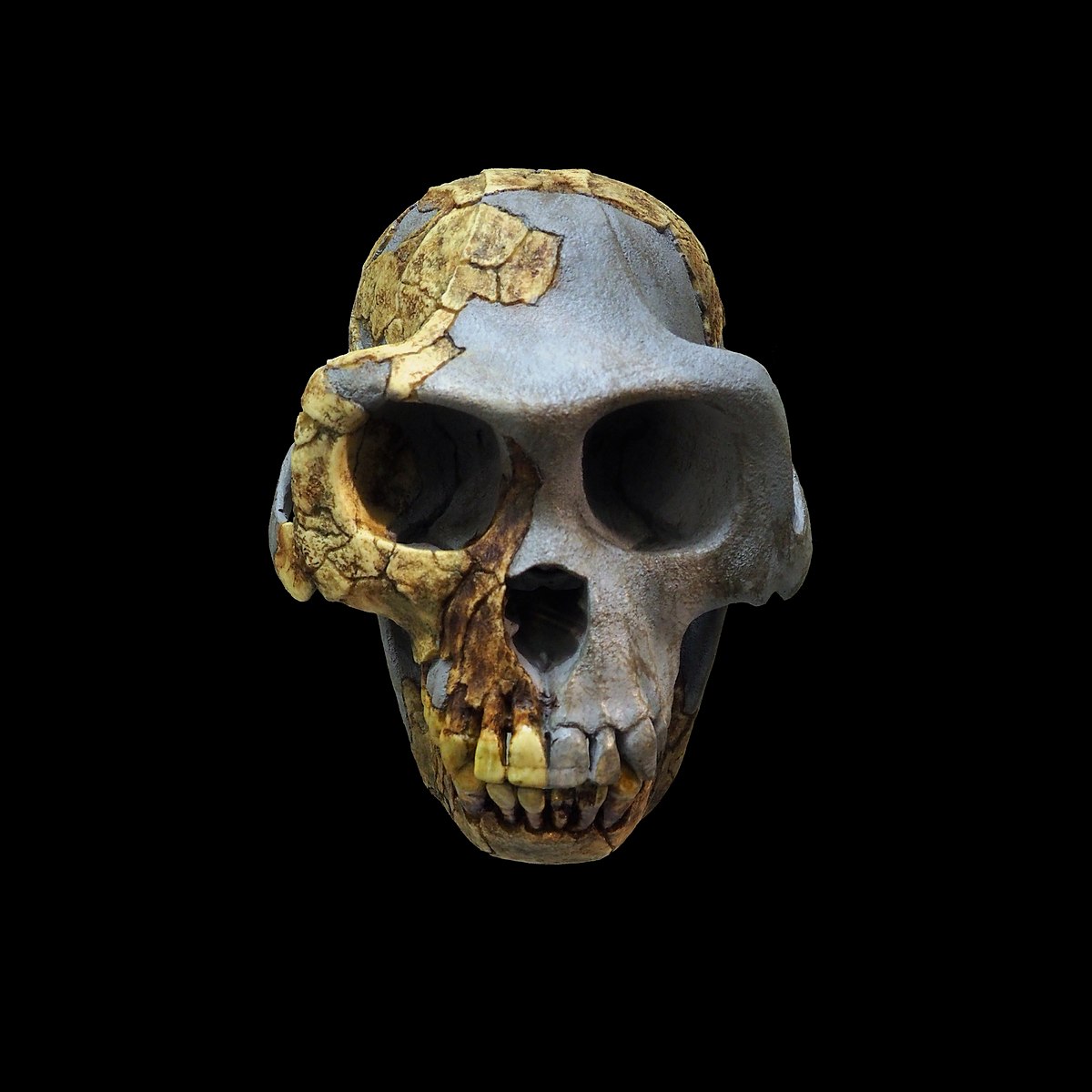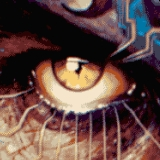
There’s some Streisand effect stuff going on here. Other reactors are releasing waste which is more radioactive than this every day. Going to extraordinary lengths to reduce public concerns about this one just makes it seem shady.
Yeah. Just like when Obama drank water in Flint Michigan.
Sure. Whatever.
The plutonomy don’t give a shit who dies, it’s all about that money
Solidarity for Whom? Japanese fishermen? Consumers? The fish???
If I were a radioactive fish, I’d want to spread my radiation to the people who made my waters radioactive.
Solidarity for the industry. If people realize solar and wind are cheaper, nuclear is dangerous, and this decision is based entirely on economic concerns…
Some renewables kill more people per unit of electricity than nuclear. So nuclear is actually safer. It’s also a good source of base load power that things like solar can’t compete with. Just admit you care about hating nuclear more than climate change

Eat the
fishrich
Shades of Obama “drinking” Flint water.
My comment exactly. If they can’t eat fish let them eat cake
Sure, you can also eat swordfish once and not get mercury poisoning. Doesn’t mean I’d recommend you to make it a part of your daily diet.
If he pretends to choke while eating it on live television, he gets bonus points.
Lots of Asian fish dishes are served with bones in them. What if he doesn’t know how to eat around them and chokes?
He’s the ambassador to Japan, I’m pretty sure he’s had Asian food before.
I’m sure too, it’d just be a funny situation
What if he really does choke or what if the bite is wildly small or what if he dies mysteriously in the coming weeks?
If this man isn’t a standing picture of health, it will have a negative effect.
Enjoy!
This is the best summary I could come up with:
Japan began releasing more than 1 million metric tons of radioactive water from a wrecked nuclear power plant on Thursday, prompting widespread concerns over contamination and safety.
The decision to release the wastewater has been a controversial one, sparking protests in Japan and further afield in South Korean capital Seoul from antinuclear activists and those concerned about contamination.
The UN has backed Japan’s assessment of the situation, with the organization’s nuclear regulator saying it is safe to release the water, and that doing so will have a negligible impact on environmental health.
Protesters gathered in Japan and South Korea this week to push back against the release of the radioactive water, with much of the concern centering around possible contamination, particularly of seafood.
In July, a public survey found that 62% of South Koreans would cut back or stop eating seafood after the water was discharged, according to news agency Reuters—despite Seoul pledging to closely monitor the release.
In recent weeks, some consumers in China—Japan’s biggest export market for seafood—also questioned whether it would be safe to eat the country’s seafood products after the water was released into the ocean.
The original article contains 590 words, the summary contains 190 words. Saved 68%. I’m a bot and I’m open source!
The Devil’s Milkshake!
His campaign was over before that piece of fish even hit the ground.
🤨
As an armchair scientist and a Chicagoan, I support this stunt. :)
But seriously, as I observed elsewhere, 0.1 µSv/banana is way higher than 3.9 µSv/yr.
Here is an alternative Piped link(s): https://piped.video/watch?v=3973tfsllqw
Piped is a privacy-respecting open-source alternative frontend to YouTube.
I’m open-source, check me out at GitHub.
deleted by creator











